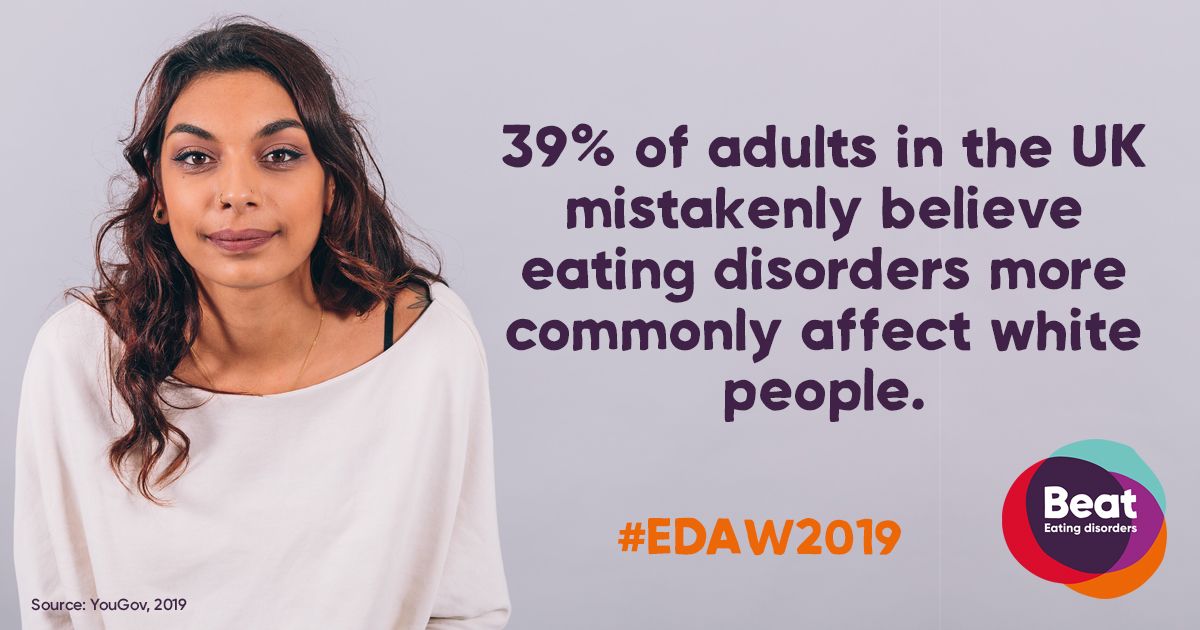
“It takes a lot for someone to speak out”: How we can help people with eating disorders
How to help yourself and your friends out
This week is National Eating Disorders Awareness Week, and this is something that really hits home for a lot of students.
B-Eat, an eating disorder charity, estimates that there are over 1.6 million people with an eating disorder in the UK, and I am one of them.
There are certain things we can do to help one another out in this area, as well as more general things we should be aware of. This week seems like a good time to think about them.
There is not just one type of eating disorder
In fact, there are around eleven, with the most common being Other Specified Feeding or Eating Disorder (OSFED). These can range from anorexia, bulimia, to taking laxatives, eating inedible food and excessive dieting. We must be aware of all these different forms that eating disorders can take, in order to help.
There are some not-so-obvious signs we need to look out for
Eating disorder signs are everywhere, but they're not all well known. Some can feel uncomfortable eating around others, so insist they've already eaten. Others involve cutting out food groups to fit in with the newest diet fad, exercising despite injury or fatigue or frequently go to the bathroom. Even more physical ones like callouses on fingers and knuckles from inducing vomiting.
These things can be easily ignored, especially diet habits or exercise as they're so common, but we as friends must look out for each other, and ask if anything is wrong.

Not everyone with an eating disorder is underweight
Yes, some people are, but some are also "normal" weight, or even overweight. Physical weight says nothing about the presence of an eating disorder, it's just as mental as it is physical. Eating disorders such as binge eating, compulsive exercise and OSFED don't necessarily make one lose weight to the degree of a person we imagine with an eating disorder.

I was at one of the lowest points, but didn't fit the stereotype of someone with an eating disorder
It affects men too
Around 11 per cent of those with an eating disorder are male. Whilst this is significantly less than the female percentage, it is enough. Fragile masculinity can cause any number of body issues and health problems and this is a problem we must fight against in order to counteract the harming effects of eating disorders in men, and help raise awareness.
Eating disorders do not discriminate
There is a growing assumption that eating disorders are more common amongst white, cisgender, straight females. However, this is just not the case, and these assumptions seek to further marginalise. 39 per cent of people believed eating disorders are more common amongst white people, however there are even more common among BAME people. Despite this BAME people are less likely to seek medical help for an eating disorder (52 per cent vs. 64 per cent of white British people) Similarly, only 37 per cent of LGBT+ respondents would not feel comfortable seeking help, compared to 24 per cent of straight people.
Despite this, we cannot assume that their identity is the explanation for their disorder. Everyone has their reasons for having an eating disorder, this may be related to pressures to look a certain way in a community, or not speaking out about their disorder, or neither of these.

The most important thing one can do to support someone with an eating disorder is to listen without prejudice. It takes a lot for someone to speak out about their eating issues, it took me seven years, and with the high risk of relapse, it's necessary for friends and family to be patient. You can eat with your friends together, and even have a distraction such as a film on in the background, to take their mind off their eating.
Eating disorders can be isolating, so making people aware that you are there to help will make them feel more comfortable talking to you or a medical professional. Speaking about it openly can bring awareness, and the simple act of checking on your friends can raise awareness of eating disorders.
Online awareness-raising campaigns are an indirect way to show your support, such as Jameela Jamil's "I Weigh" campaign. The University Health Centre or Advice Place is also a good place to get support should you feel you need it, no matter how serious your condition is.
The most important thing to remember is that no one is alone, and helping yourself and your friends is integral to stopping eating disorders.









































